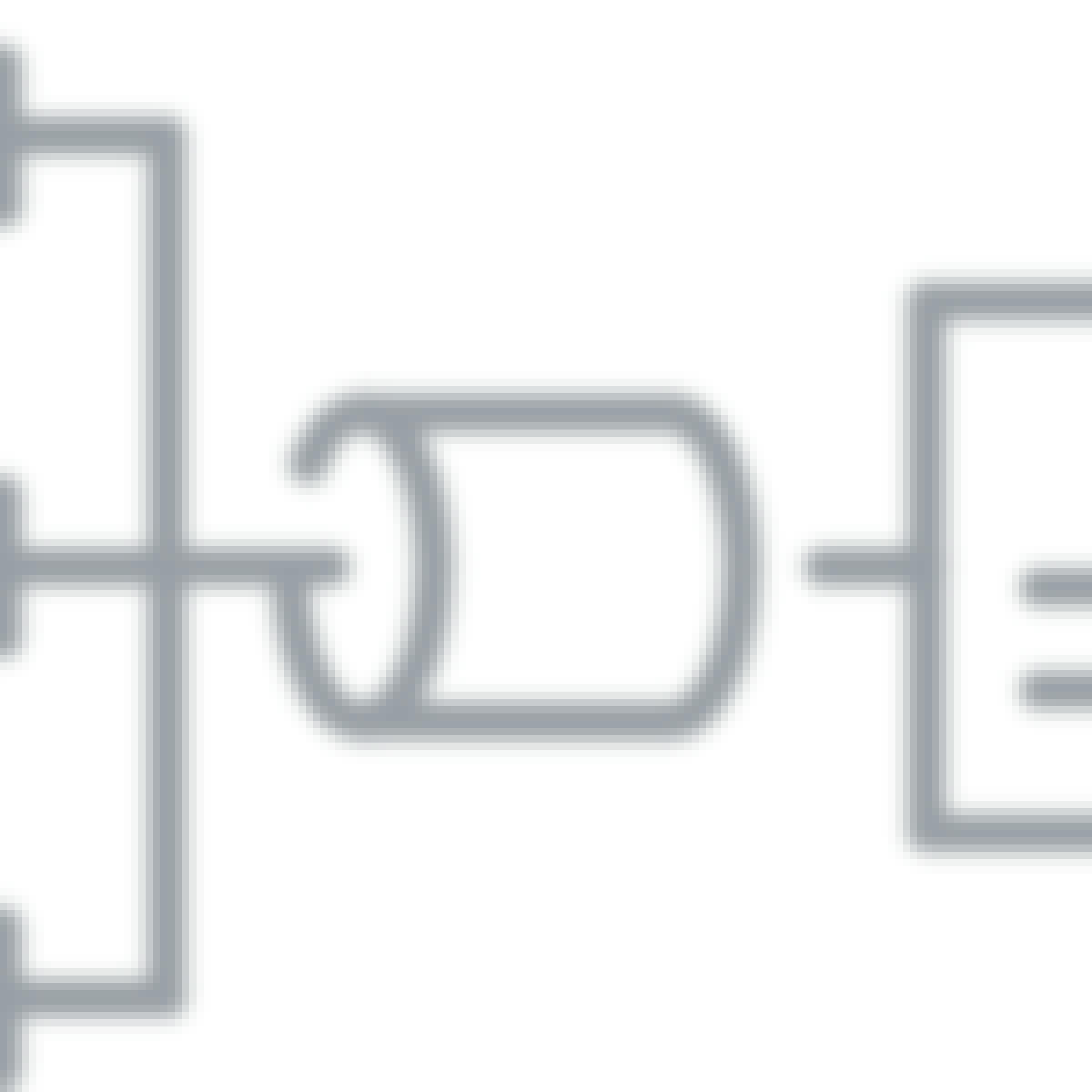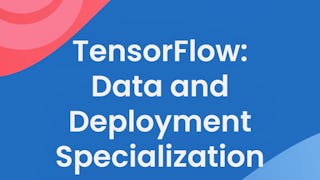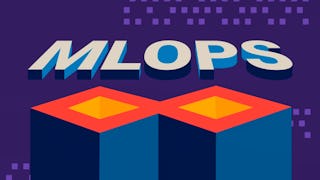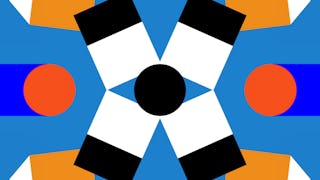Filter by
SubjectRequired
LanguageRequired
The language used throughout the course, in both instruction and assessments.
Learning ProductRequired
LevelRequired
DurationRequired
SkillsRequired
SubtitlesRequired
EducatorRequired
Explore the Knowledge Graph Course Catalog
 Status: Free Trial
Status: Free TrialSkills you'll gain: Data Modeling, Extract, Transform, Load, Database Design, Data Pipelines, Data Warehousing, Business Intelligence, Performance Testing, Data Mart, Snowflake Schema, Star Schema, Process Optimization, Data Lakes, SQL, Data Quality
 Status: Free Trial
Status: Free TrialDeepLearning.AI
Skills you'll gain: Extract, Transform, Load, Data Pipelines, Image Analysis, Data Import/Export, Tensorflow, iOS Development, Application Deployment, Android Development, Data Processing, Computer Vision, MLOps (Machine Learning Operations), Swift Programming, Feature Engineering, Mobile Development, Data Transformation, JSON, Applied Machine Learning, Data Sharing, Javascript, Deep Learning
 Status: Free Trial
Status: Free TrialDuke University
Skills you'll gain: MLOps (Machine Learning Operations), Pandas (Python Package), AWS SageMaker, NumPy, Microsoft Azure, Data Ethics, Application Deployment, Data Manipulation, Exploratory Data Analysis, Containerization, Data Pipelines, CI/CD, Software Testing, Data Import/Export, Amazon Web Services, Feature Engineering, Cloud Solutions, Artificial Intelligence and Machine Learning (AI/ML), Docker (Software), Rust (Programming Language)
 Status: Free Trial
Status: Free TrialSkills you'll gain: Overcoming Objections, Prospecting and Qualification, Customer Relationship Management, Lead Generation, Sales Development, Time Management, Business Writing, Salesforce, Writing, Cold Calling, Sales Prospecting, Growth Mindedness, Verbal Communication Skills, Cultural Diversity, Sales Enablement, Empathy, Emotional Intelligence, Professional Development, Interviewing Skills, Communication
 Status: Free Trial
Status: Free TrialCalifornia Institute of the Arts
Skills you'll gain: Graphic Design, Graphic and Visual Design, Art History, Design, Logo Design, Design Strategies, Visual Design, Typography, Branding, Advertising, Aesthetics, Creativity
 Status: Free Trial
Status: Free TrialUniversity of Minnesota
Skills you'll gain: Software Testing, JUnit, Verification And Validation, Unit Testing, Test Case, Test Automation, Development Testing, Test Planning, Code Coverage, Software Quality Assurance, Functional Testing, Testability, Integration Testing, Test Data, Issue Tracking
 Status: Free Trial
Status: Free TrialUniversity of California, Irvine
Skills you'll gain: Time Management, Literacy, Grammar, Concision, Analytical Skills, Planning, English Language, Vocabulary
 Status: Free Trial
Status: Free TrialUniversity of Illinois Urbana-Champaign
Skills you'll gain: Financial Statements, Financial Statement Analysis, Financial Forecasting, Financial Accounting, Variance Analysis, Financial Analysis, Income Statement, Balance Sheet, Performance Measurement, Management Accounting, Return On Investment, Revenue Forecasting, Cash Flow Forecasting, Financial Management, Cost Management, Financial Data, Budgeting, Finance, Accounting, Business Valuation
 Status: Free Trial
Status: Free TrialMichigan State University
Skills you'll gain: Unity Engine, Game Design, Video Game Development, Prototyping, 3D Modeling, Software Design Documents, Peer Review, Cross Platform Development, C# (Programming Language), User Interface (UI), Software Design, Animation and Game Design, User Experience, Storytelling, Software Documentation, User Experience Design, Augmented and Virtual Reality (AR/VR), Microsoft Visual Studio, UI Components, Conceptual Design

IIMA - IIM Ahmedabad
Skills you'll gain: Sampling (Statistics), Probability, Probability & Statistics, Statistical Hypothesis Testing, Statistics, Data Literacy, Statistical Inference, Estimation, Statistical Analysis, Descriptive Statistics, Data Analysis
 Status: Free Trial
Status: Free TrialUniversity of Pennsylvania
Skills you'll gain: Intellectual Property, Medical Privacy, General Data Protection Regulation (GDPR), Health Systems, Personally Identifiable Information, Health Care Procedure and Regulation, Law, Regulation, and Compliance, Information Privacy, Primary Care, Health Care Administration, Regulatory Compliance, Healthcare Industry Knowledge, Medicare, Health Care, Pharmaceuticals, Compliance Management, Health Policy, Health Disparities, Healthcare Ethics, Regulation and Legal Compliance
 Status: Free Trial
Status: Free TrialSkills you'll gain: Cybersecurity, Technical Support and Services, Information Technology, Network Security, Cyber Security Strategy, Data Security, Computer Security Awareness Training, Cyber Security Policies
Knowledge Graph learners also search
In summary, here are 10 of our most popular knowledge graph courses
- The Path to Insights: Data Models and Pipelines: Google
- TensorFlow: Data and Deployment: DeepLearning.AI
- MLOps | Machine Learning Operations: Duke University
- Salesforce Sales Development Representative: Salesforce
- Ideas from the History of Graphic Design: California Institute of the Arts
- Introduction to Software Testing: University of Minnesota
- IELTS Writing Section Skills Mastery: University of California, Irvine
- Financial Analysis - Skills for Success: University of Illinois Urbana-Champaign
- Game Design and Development with Unity: Michigan State University
- Pre-MBA Statistics: IIMA - IIM Ahmedabad










